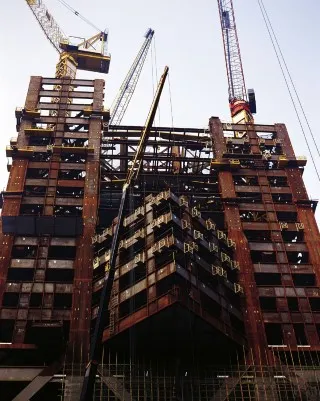
Why reviving industrial building policy is a double-edged sword for self-storage companies
There's a risk involving head lease operations.
The revitalising industrial building policy is a double-edged sword for self-storage companies, particularly for operators working under a head lease.
According to a report from Colliers International, under this policy, the whole block of eligible industrial buildings can be converted to other uses at nil waiver fees.
According to the government, a total of 54 special waiver cases have been executed. Most of these building owners opt to convert their premises to office, retail and hotels.
The impact to the investor is positive, but this creates a risk to self-storage operators operating under a head lease (which often have redevelopment clauses).
Here's more from Colliers International:
A landlord will often have the right to terminate leases for the purpose of redevelopment. Thus it becomes imperative that this risk is considered when entering into any new lease – a minimum period of tenure is essential to ensuring the businesses viability.
Industrial Clusters on Hong Kong Island for High-Income Households. The latest Government statistics indicated that the median monthly household income in the four District Council districts on Hong Kong Island are HK$26,100 – HK$34,300 in 2013, above that of HK$22,400 for the whole city.
Self-storage operators would be well advised to look for property options in industrial building clusters in Chai Wan, Quarry Bay and Wong Chuk Hang/Ap Lei Chau targeting high-income households in relatively small residential properties.
Districts in New Territories Provide Economies of Scale. Industrial buildings in New Territories provide more property options with larger floor areas.
Moreover, the rents of industrial buildings in New Territories are cheaper than their counterparts on Hong Kong Island.
For the operators seeking to consolidate multiple addresses under one roof, industrial buildings in New Territories provide more viable options.



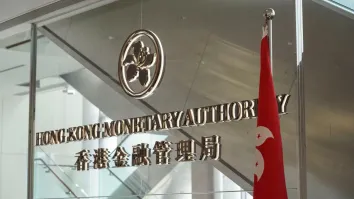











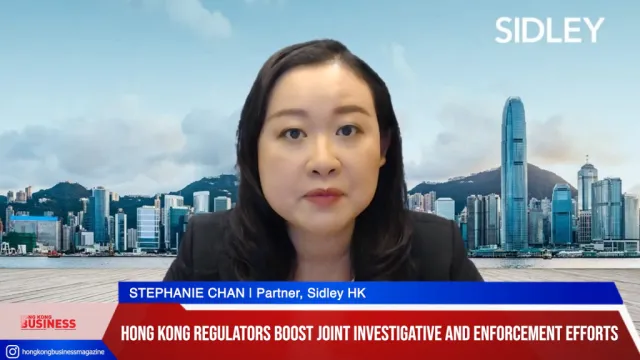
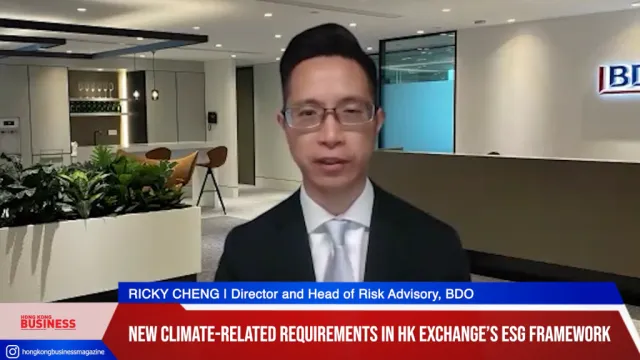
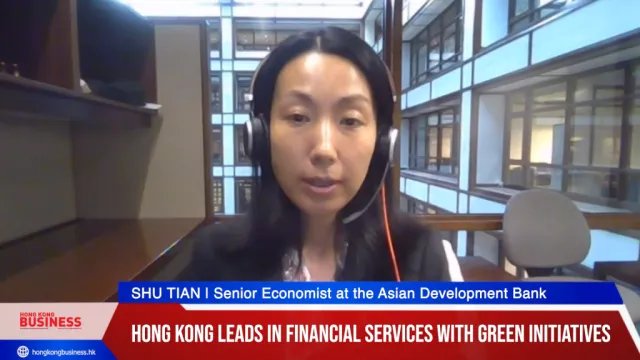

 Advertise
Advertise






